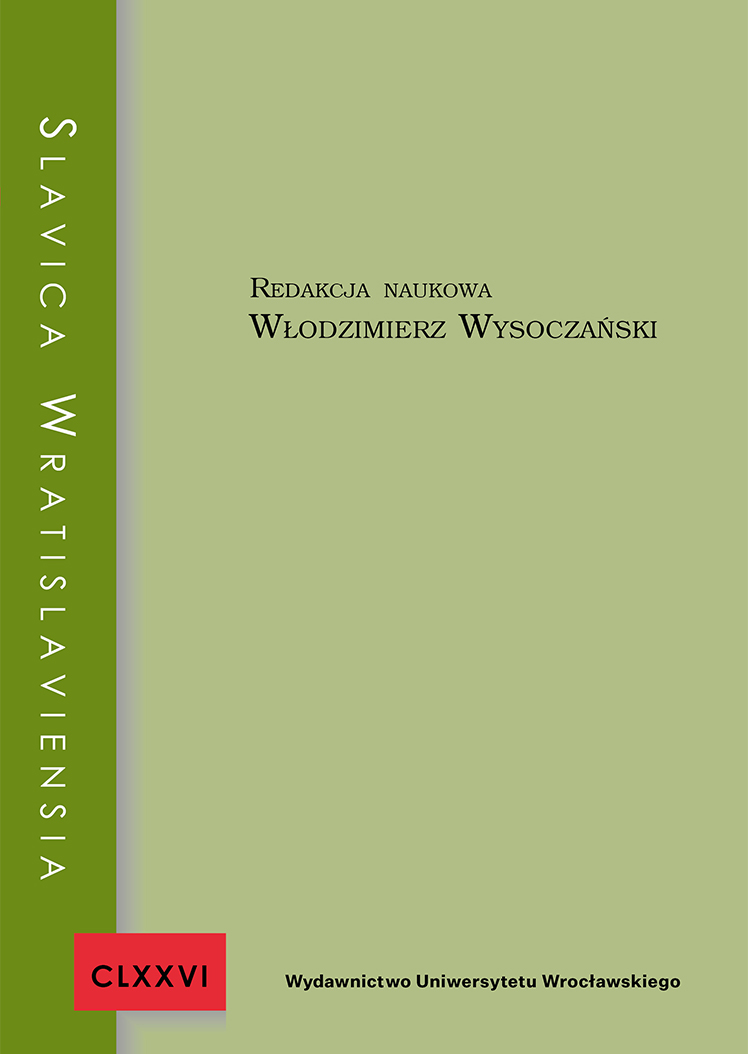Powieść o formowaniu czy formująca? „Bildungsroman” w gorsecie czechosłowackiej normalizacji
A novel about formation or a forming novel? Bildungsroman in the straitjacket of Czechoslovak normalisation
Author(s): Ilona Gwóźdź-SzewczenkoSubject(s): Language and Literature Studies, Theory of Literature
Published by: Wydawnictwo Uniwersytetu Wrocławskiego
Keywords: Bildungsroman; normalisation; Czech literature for children and young people; model literary character; sanitary character
Summary/Abstract: The article discusses the variety of Bildungsroman novels for children and young adults in the context of Czech literature in the period of normalisation in the 1970s and 1980s. At the genesis of literature for an adult audience (understood as an autotelic creation) are the audience’s expectations, motives and attitudes. The construction of the literary character also corresponds to this. In the case of works for the non-adult audience, the social functions of literature are somewhat reversed. From its inception, literature for children and young people has been closely connected to its educational function — it has therefore fulfilled utilitarian functions. The author aims to show how the Bildungsroman, by its character, i.e., as a novel about the formation of a character, was quickly adopted by writers of this type of prose. Based on its schema, a variant of the late Socialist Realist Bildungsroman developed, not so much showing the formation of the main character as (on the basis of the protagonist) normalising some ideals for the young viewer. The normalising Bildungsroman also brought about a new type of character, whom — in his (now forgotten) article — Jaroslav Voráček called “the sanitary character.”
Journal: Slavica Wratislaviensia
- Issue Year: 176/2022
- Issue No: 1
- Page Range: 53-64
- Page Count: 12
- Language: Polish

